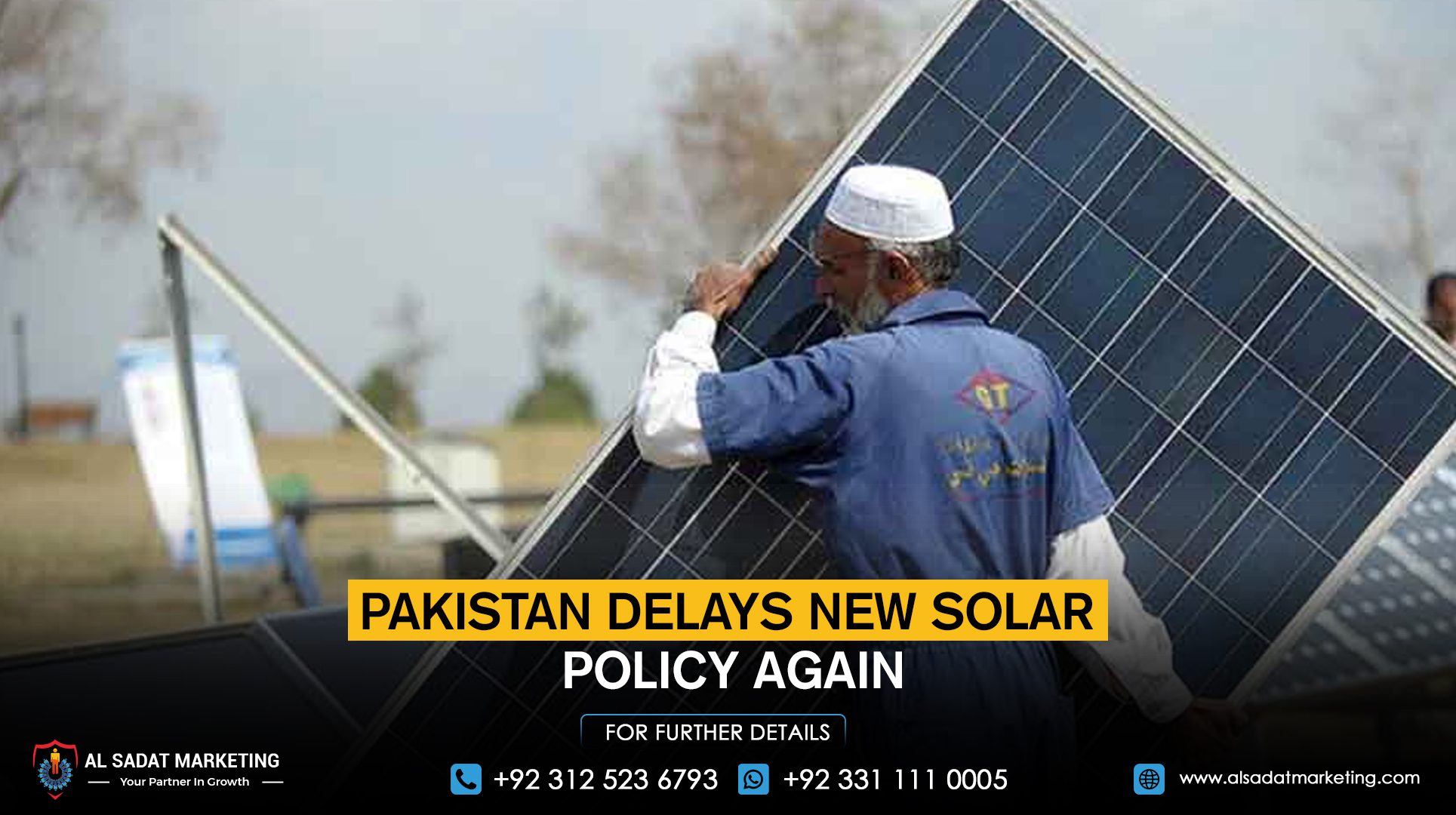ISLAMABAD – The government’s much-debated new solar net metering policy has hit yet another roadblock, as Prime Minister Shehbaz Sharif has put the brakes on its implementation — for the second time.
Sources within the Power Division told reporters that the Prime Minister has returned the latest draft of the policy, instructing officials to go back to the drawing board and conduct comprehensive consultations with all stakeholders before pushing ahead.
At the heart of the controversy is a sharp proposed cut in the buyback rate for surplus solar electricity sold back to the national grid. The Power Division had suggested slashing the rate from Rs27 per unit to Rs11, a move that’s triggered alarm bells among solar energy consumers, industry players, and environmental advocates alike.
The proposed revision, critics say, could undermine Pakistan’s transition to clean energy, discouraging both homeowners and businesses from investing in solar infrastructure.
This is the second time in recent months that the Prime Minister has declined to approve the draft policy, reportedly over concerns that such drastic changes could stall solar adoption and stir public backlash.
With energy costs soaring and load shedding continuing to plague many parts of the country, the push-and-pull over the solar policy has become a lightning rod for broader frustrations over Pakistan’s energy strategy.
For now, the fate of the new solar policy remains uncertain, as the Power Division prepares to re-engage stakeholders in what is shaping up to be a pivotal debate on the country’s renewable energy future.










